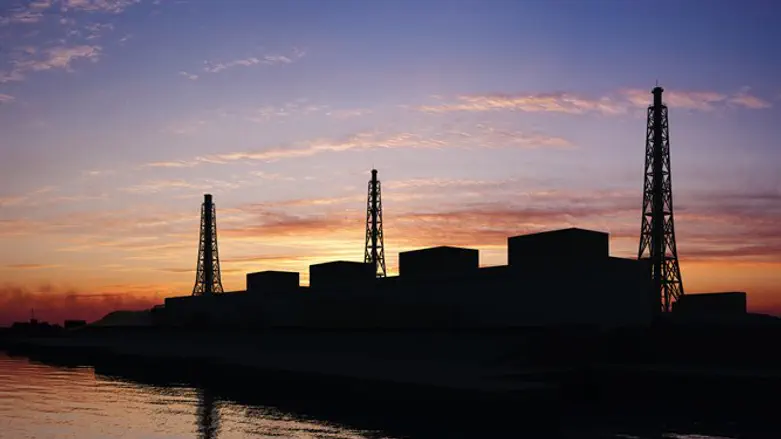
The Japanese government on Tuesday decided to release treated radioactive water into the Pacific Ocean, the South China Morning Post (SCMP) reported.
According to SCMP, the water, which is accumulating at the Fukushima Daiichi nuclear power plant, has been assessed and is not expected to cause any negative impact on the environment or human health.
Japanese Prime Minister Yoshihide Suga formalized the decision together with members of his Cabinet, saying that it is "most realistic option," despite opposition from neighboring countries. He added that his government will "take every measure to absolutely guarantee the safety of the treated water and address misinformation" and that the details of the plan still need to be ironed out.
The decision was coordinated with and is backed by the International Atomic Energy Agency (IAEA), Japan said.
The process to release the water is expected to begin in approximately two years, and will take "decades," to complete, The Guardian noted.
On Monday, Chinese Foreign Ministry spokesman Zhao Lijian said his country had asked Japan to "adopt a reasonable attitude," stating that it has "deep concerns" regarding the plan's safety.
"This issue is very significant, so Japan needs to be responsible to the international public interests, which is also being responsible to the Japanese people’s interests," he said.
China also warned that it may take action if Japan dumps the Fukushima water into the sea, and called on Japan to reverse its decision.
The water has been treated and diluted so that it poses little risk to humans. However, the plant operator, Tokyo Electric Power Company Holdings Inc., expects to run out of space to hold water by fall 2022.